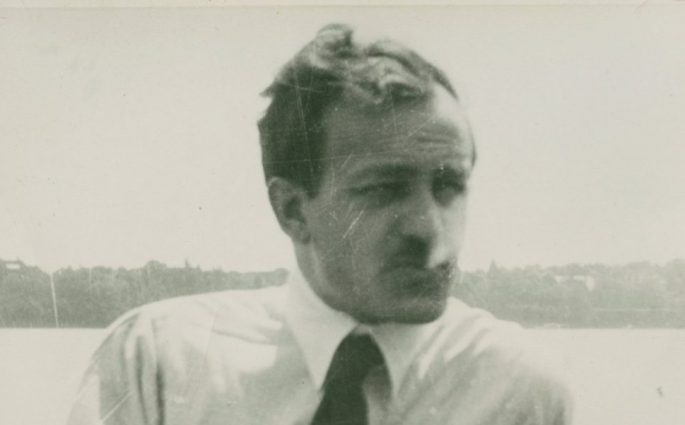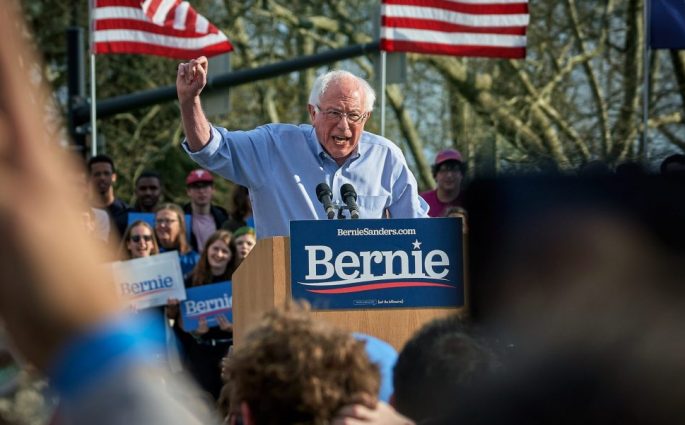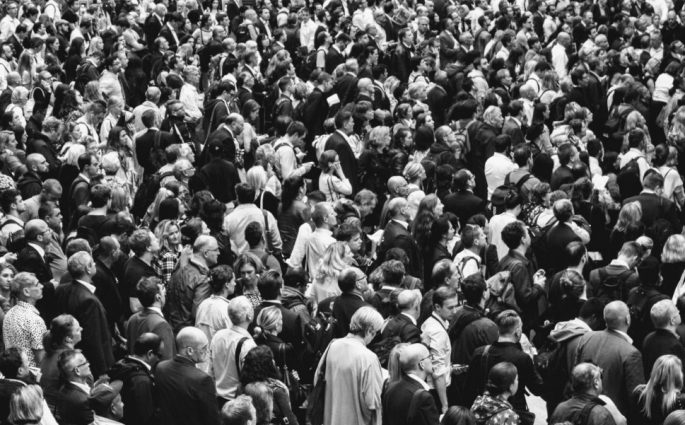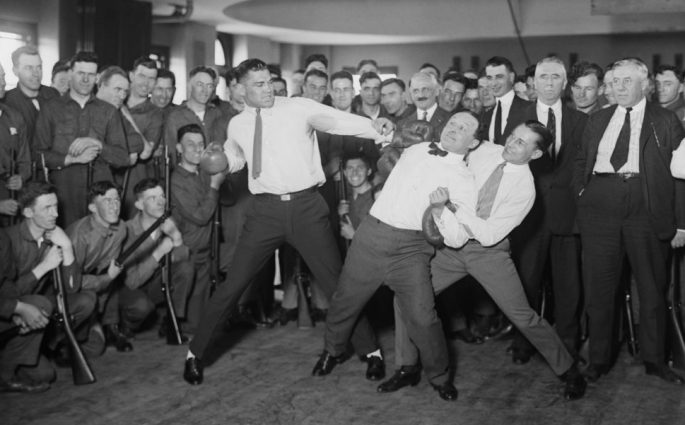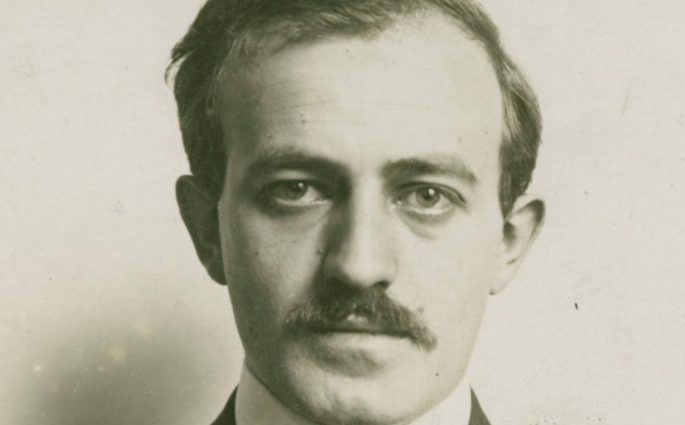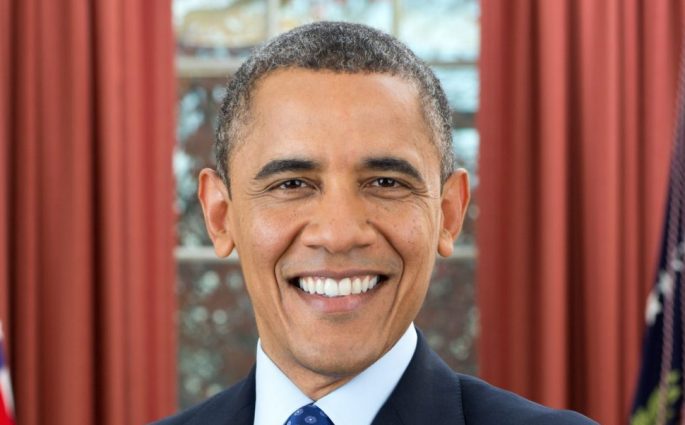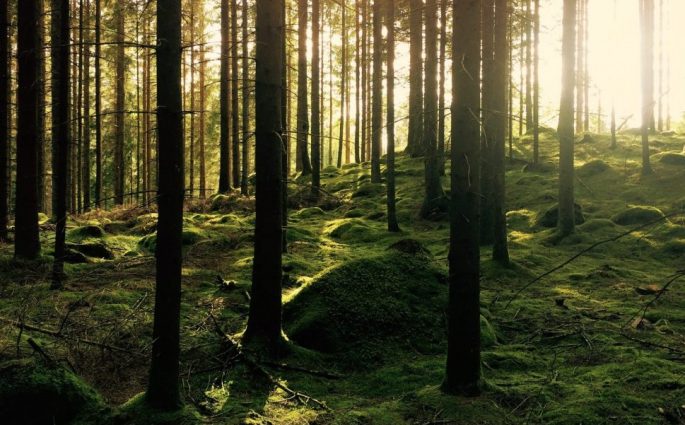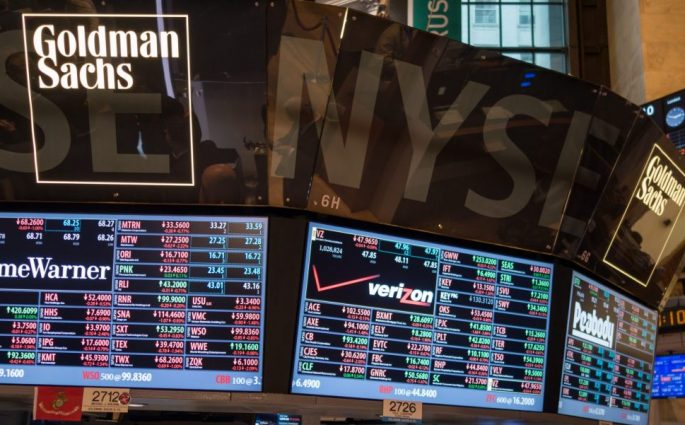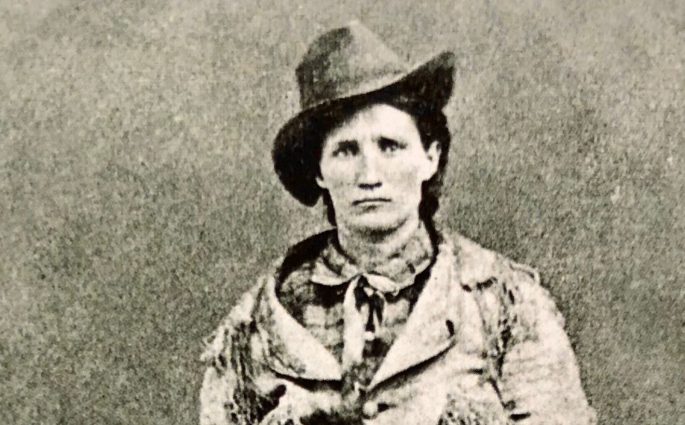Ben Hecht’s First Day
Adina Hoffman— Ben Hecht was always falling in love—though he never tumbled harder and faster into that ecstatic state than he did when he met Chicago. “The city of my first manhood,” he called it. The place enthralled him with its blur of rooftops and chimneys, its signage and streetcars,

